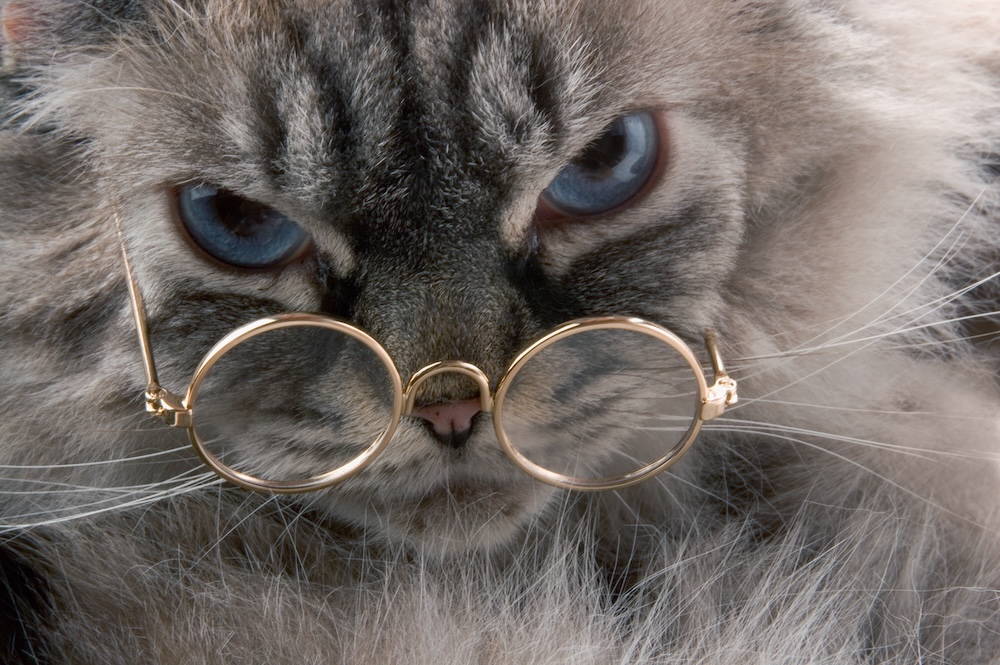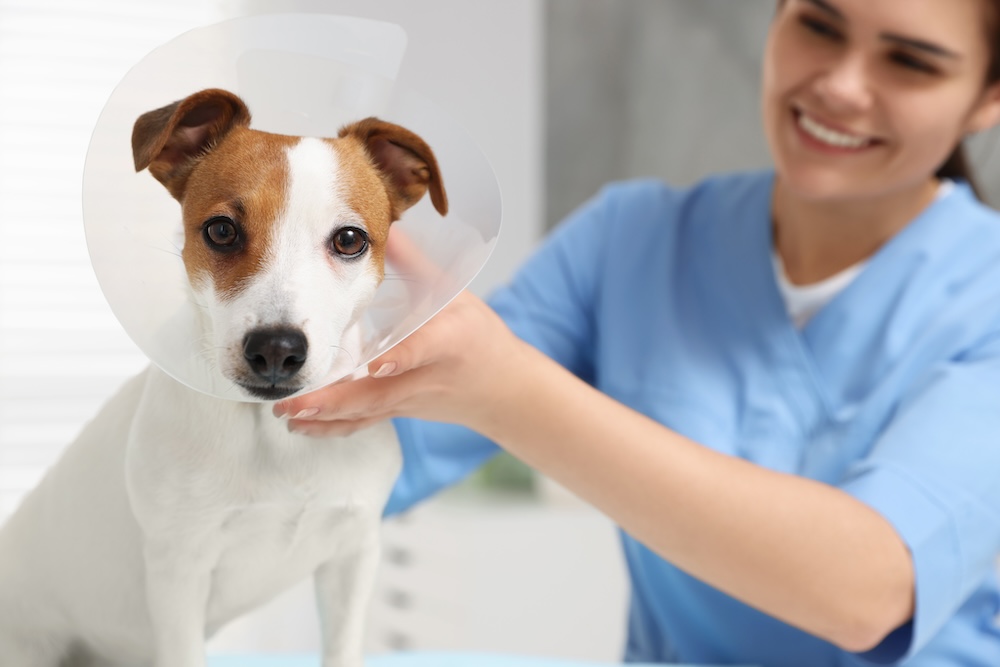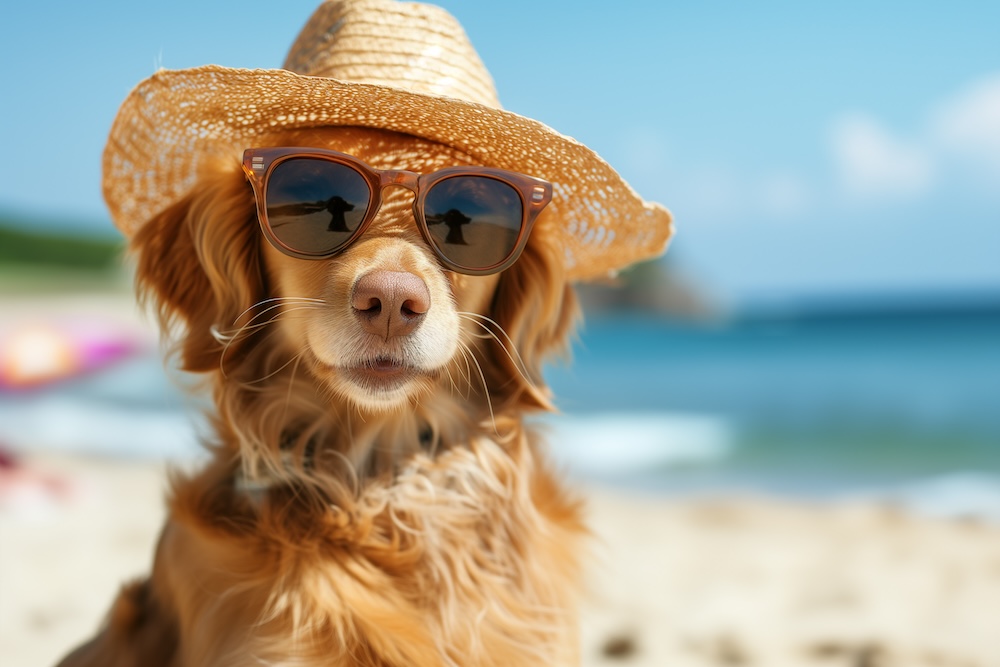Cats bring joy, companionship, and love into our lives, and as they age, their needs and behaviors change. Understanding when a cat is considered a senior and how to care for them during their golden years is crucial for ensuring they remain healthy and happy. At Faithful Friends Veterinary Clinic, we are dedicated to helping you navigate the unique challenges and rewards of caring for an aging cat. This article will discuss the stages of feline aging, signs that your cat is entering their senior years, and tips for providing the best care for your senior feline friend.
When is a Cat Considered a Senior?
The definition of “senior” can vary depending on the source, but generally, a cat is considered to be entering their senior years around the age of 7 to 10. However, some cats may show signs of aging earlier or later than this range. It’s essential to remember that each cat is unique, and their aging process can be influenced by factors such as genetics, lifestyle, and overall health.
Stages of Feline Aging
Adult (1-6 years)
During this stage, cats are typically in their prime, enjoying high energy levels and robust health. Regular veterinary check-ups, a balanced diet, and plenty of exercise are essential to maintaining their well-being.
Senior (7-10 years)
As cats enter their senior years, they may begin to show subtle signs of aging. This stage requires increased attention to their health and well-being, as age-related changes start to become more apparent.
Geriatric (11+ years)
Geriatric cats often experience more significant health challenges and may require specialized care and closer monitoring. Regular veterinary visits become even more critical during this stage to address any emerging health issues promptly.
Signs Your Cat is Aging
Recognizing the signs of aging in your cat can help you provide the appropriate care and support they need. Some common signs of aging in cats include:
Changes in Mobility
Arthritis and joint pain are common in aging cats, leading to decreased mobility and reluctance to jump or climb. You may notice your cat moving more slowly or having difficulty getting up from a resting position.
Weight Changes
Senior cats may experience weight gain due to reduced activity levels or weight loss due to underlying health issues. Monitoring your cat’s weight and adjusting their diet as needed is crucial for maintaining their health.
Dental Issues
Dental problems, such as tooth decay and gum disease, are more prevalent in older cats. Regular dental check-ups and cleanings are essential to prevent pain and infections.
Changes in Behavior
Aging cats may become less active, sleep more, and show changes in their behavior or temperament. Increased vocalization, confusion, or disorientation can be signs of cognitive decline or other health issues.
Coat and Skin Changes
Aging can affect the condition of your cat’s coat and skin. You may notice thinning fur, dandruff, or skin lesions. Regular grooming and veterinary care can help address these issues.
Increased Thirst and Urination
Increased thirst and urination can be signs of kidney disease, diabetes, or other health problems common in senior cats. Regular veterinary check-ups can help detect and manage these conditions early.
Caring for Your Senior Cat
Providing the best care for your senior cat involves addressing their changing needs and ensuring they remain comfortable and healthy. Here are some tips for caring for your aging feline friend:
Regular Veterinary Check-Ups
Senior cats should have veterinary check-ups at least twice a year to monitor their health and detect any issues early. Regular blood tests, dental exams, and other diagnostic tests can help identify and manage age-related conditions.
Balanced Diet
Feeding your senior cat a balanced diet tailored to their age and health needs is crucial. Senior cat food formulations often contain ingredients that support joint health, maintain a healthy weight, and address specific dietary requirements.
Comfortable Environment
Creating a comfortable environment for your senior cat can help alleviate mobility issues and promote their well-being. Provide soft, warm bedding, and consider placing ramps or steps to help them access favorite resting spots.
Mental Stimulation
Mental stimulation is essential for maintaining cognitive function in aging cats. Interactive toys, puzzle feeders, and regular playtime can help keep your cat’s mind sharp and engaged.
Regular Grooming
Regular grooming can help maintain your senior cat’s coat and skin health. Gently brush their fur to remove loose hair and prevent matting, and check for any signs of skin issues or parasites.
Ask a Vet
Caring for a senior cat requires understanding their unique needs and providing the necessary support to ensure they age gracefully. At Faithful Friends Veterinary Clinic, we are committed to helping you navigate the challenges of caring for your aging feline friend. Regular veterinary check-ups, a balanced diet, and a comfortable environment are essential for maintaining your senior cat’s health and happiness. By recognizing the signs of aging and addressing their needs, you can ensure your beloved cat enjoys their golden years to the fullest.




